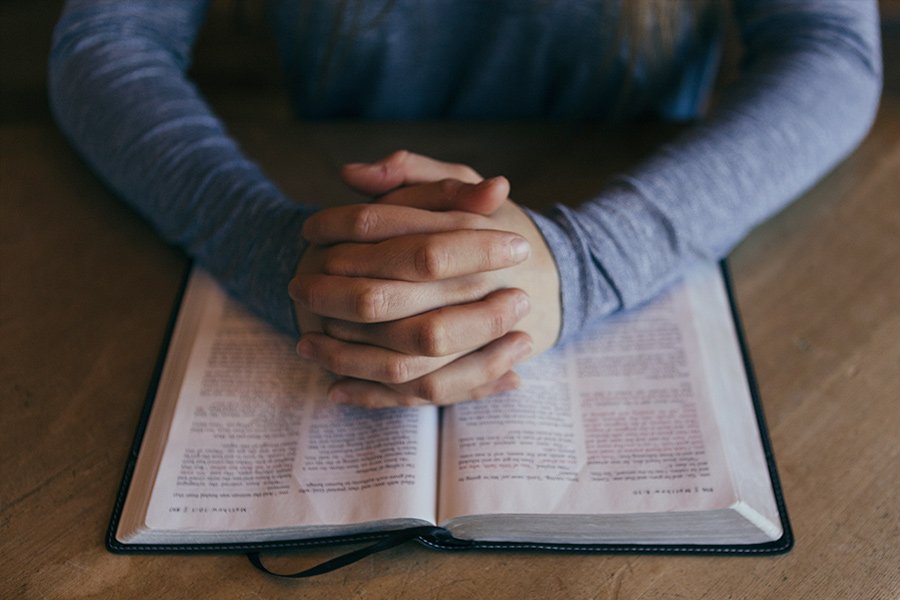Sacraments
Holy Orders
Holy Orders
Sacraments
Sacrament of Holy Orders
Holy Orders is the sacrament through which the mission entrusted by Christ to his apostles continues to be exercised in the Church until the end of time: thus it is the sacrament of apostolic ministry. It includes three Orders: bishop, priest and deacon.
Holy Orders: Priesthood
By virtue of the sacrament of Holy Order, priests are given a sacred power to act in total sacramental identification with Christ, to offer the Holy Sacrifice of the Mass; to forgive sins through the Sacrament of Penance; to baptize; to preside during the sacrament of Holy Matrimony; to offer Holy Anointing to the sick and dying; to preach; and to otherwise teach, guide, and sanctify the faithful.

As in Baptism and Confirmation, the Sacrament of Holy Orders leaves an indelible mark on the soul of the recipient and can never be repeated once validly received; once a priest, always a priest.
The recipient of the Sacrament must be a baptized, healthy male, at least 25 years of age, who has a vocation from God, a strong Catholic faith, intelligence, a good moral character, and a life marked by sanctity. He must be committed to living a celibate and chaste life, and to prayer.
Both celibacy and obedience are rooted in Christ who offered Himself in loving service of the Father. Celibacy calls for a spirit of selflessness and is a sign of the ultimate call to union with God. Obedience fosters a willing surrender to the will of God in all circumstances.
If you think you may be called to the Priesthood, please contact one of the priests of the parish, or the diocesan priestly vocations director for further information.
- Vocations Director: Fr. Brian Boyle, Fermoy. (025) 31414.
- Assistant Vocations Director: Fr. Damian Lynch, Berrings. (021) 7332948
Permanent Diaconate
When a man is ordained a Deacon he shares in Christ’s mission and grace in a special way. A deacon assists the bishop and priests in the celebration of the divine mysteries, above all the Eucharist, in the distribution of Holy Communion, in assisting at and blessing marriages, in the proclamation of the Gospel and preaching, in presiding over funerals, and in dedicating themselves to the various ministries of charity.
For many centuries before the Second Vatican Council, a man was ordained a deacon the year before he was ordained a priest. Since the Second Vatican Council the Latin Church has restored the diaconate “as a proper and permanent rank of the hierarchy,” while the Churches of the East had always maintained it. This permanent diaconate, which can be conferred on married men, constitutes an important enrichment for the Church’s mission. Indeed it is appropriate and useful that men, who carry out a truly diaconal ministry in the Church, whether in its liturgical and pastoral life or whether in its social and charitable works, should “be strengthened by the imposition of hands which has come down from the apostles. They would be more closely bound to the altar and their ministry would be made more fruitful through the sacramental grace of the diaconate.”
In the Diocese of Cloyne, the diaconate is open to married men aged between 30 and 60 years of age and to unmarried men aged between 35 and 60 years of age.
Prayer for Vocations
O God,
Who wish all men to be saved and to come to the knowledge of Your truth:
send, we beg You, labourers into Your harvest,
and grant them grace to speak Your word with all boldness;
so that Your word may spread and be glorified,
and all nations may know You, the only God,
and Him Whom You have sent,
Jesus Christ Your Son, Our Lord,
Who lives and reigns world without end.
Amen.
